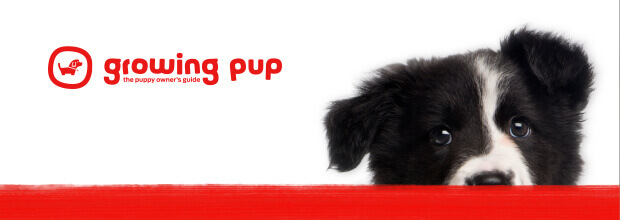The Dogue de Bordeaux is a powerful, muscular French breed with an instinct for guarding. Though the breed’s appearance can be intimidating, he is a gentle companion with a patient, calm temperament. Fiercely loyal and devoted, he is an excellent guard dog. The Dogue de Bordeaux is known for drooling and snoring but is easy to care because he requires minimal grooming and moderate exercise.
DID YOU KNOW? A Dogue de Bordeaux named “Beasley” appeared as the slobbery but loveable “Hooch” in the 1989 film, “Turner and Hooch,” starring Tom Hanks. Throughout history, the Dogue de Bordeaux has been a guardian, hunter and fighter. He was trained to bait bulls, bears and jaguars, hunt boars, herd cattle, and guard homes.
ALSO KNOWN AS: Dogue de Bordeaux, Bordeaux Mastiff, French Mastiff, Bordeauxdog















